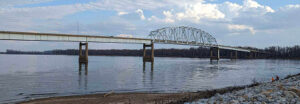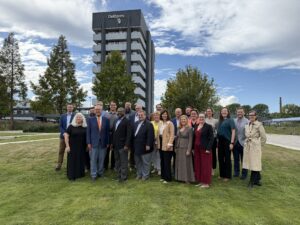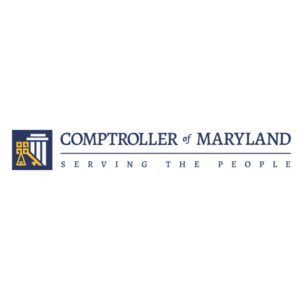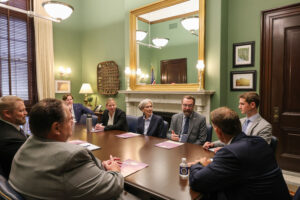Our mission
Driving transformational adaptation to protect communities from higher seas, stronger storms, and more frequent flooding.
Floods are devastating local communities, families, and businesses across the country
It's getting worse. But we haven't had meaningful flood policy reform in decades
AFC empowers a diverse coalition of leaders advancing flood solutions at the local, state, and federal levels
This is the decade to transform U.S. adaptation policy with innovative and community-informed solutions
AFC is leading the way
How we do it
We work at the local, state, and federal levels, driving meaningful, lasting, and transformational change.
We work with cities, towns, and counties; elected officials; and military, business, and civic leaders to build and advance solutions that help keep their communities safe.
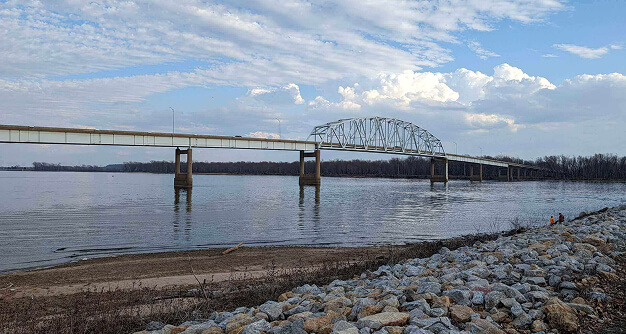
Local
480+ members delivering change on the ground

State
$8B+ invested in statewide flood resilience
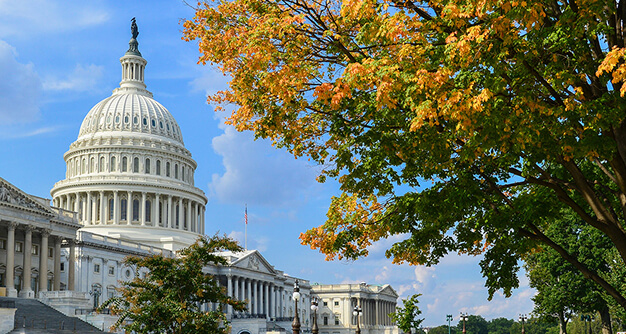
Federal
50+ bipartisan federal leaders driving solutions
Why this matters
We work to save lives, spare communities from the hardship caused by flooding, and save taxpayer dollars. Every $1 invested in resilience ahead of a disaster saves $13 in recovery and economic costs, and untold heartache.
What you can do
Join the American Flood Coalition for free today and gain access to powerful tools and resources to address flooding. Advocate for funding and solutions through our nonpartisan platform, access educational materials and media opportunities, and connect with others to share best practices and develop effective local and state responses.


